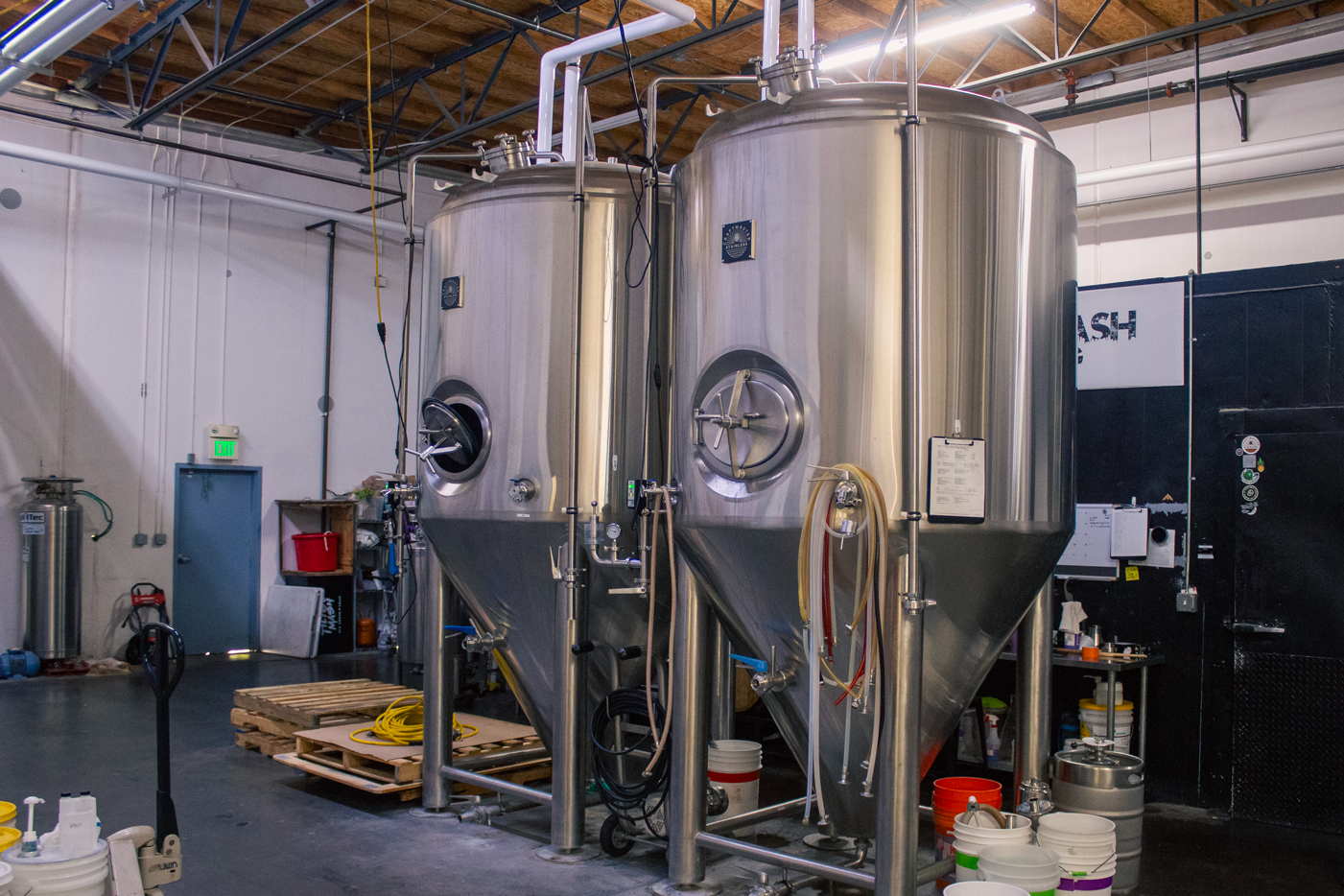Troubleshooting Brewery Equipment: Common Issues Solved
Brewing is an art and science that requires not just the right ingredients but also the right equipment and meticulous attention to detail. The path to creating the perfect batch of beer can sometimes come with various challenges, particularly when it comes to the machinery and tools that brewers depend on.
Whether in a microbrewery or a large-scale commercial operation, equipment issues can arise unexpectedly, leading to potential production delays, compromised product quality, or even safety hazards. Learning to troubleshoot common brewery equipment issues will ensure your craft remains uncompromised and the flow of beer remains uninterrupted.
Fermentation Tank Troubles
Fermentation tanks are the heart of brewing; it’s where the magic happens. Issues like inconsistent temperatures, contamination, and pressure build-up can arise, significantly affecting the beer's quality. Implementing strict sanitation protocols, investing in quality temperature control systems, and regularly inspecting pressure relief valves will mitigate these risks and ensure a smooth fermentation process.
Cooling System Complications
Breweries rely on cooling systems to maintain optimal temperatures throughout various stages of production. When cooling systems fail, they can jeopardize entire batches. Regularly servicing your cooling system, clearing dust and debris from condenser coils, and maintaining proper refrigerant levels can prevent most cooling issues, keeping your brewing schedule on track.
Maintaining Cleaning Equipment
One key component in a brewery’s arsenal is reliable commercial keg cleaning equipment, a vital tool for ensuring beer quality and longevity. Over time, residues and microbial growth can impede the performance of these systems. Regular maintenance, thorough inspections, and adherence to manufacturer cleaning guidelines can prevent most problems. Monitoring cleaning cycles and solution concentrations can ensure consistent and effective keg sanitation.
Malt Mill Mishaps
A consistent grind is crucial for predictable brewing results, but malt mills can experience wear and tear and adjustment issues. Keeping blades sharp, ensuring proper gap settings between rollers, and conducting routine checks for signs of wear will maintain the integrity of your malt processing, contributing to better brewing outcomes. Regular calibration of the mill ensures the uniform crushing of the grains, allowing for optimal water contact during the mash.
Piping and Valve Vulnerabilities
Pipes and valves regulate the flow of liquids throughout the brewery and are susceptible to leaks, clogs, and wear. Implementing leak detection practices, cleaning pipes regularly to prevent blockages, and replacing worn components can safeguard against disruptions. Creating a detailed map of your brewery’s plumbing system can aid in quick diagnostics and repairs.
While encountering equipment issues in a brewery can be daunting, understanding common brewing equipment problems and their solutions is crucial. By focusing on preventive maintenance and educating staff on troubleshooting techniques, breweries can minimize downtime and ensure the production of high-quality beer. The key to smoothly operating brewery equipment lies in vigilance, regular maintenance, and a proactive approach to problem-solving.

